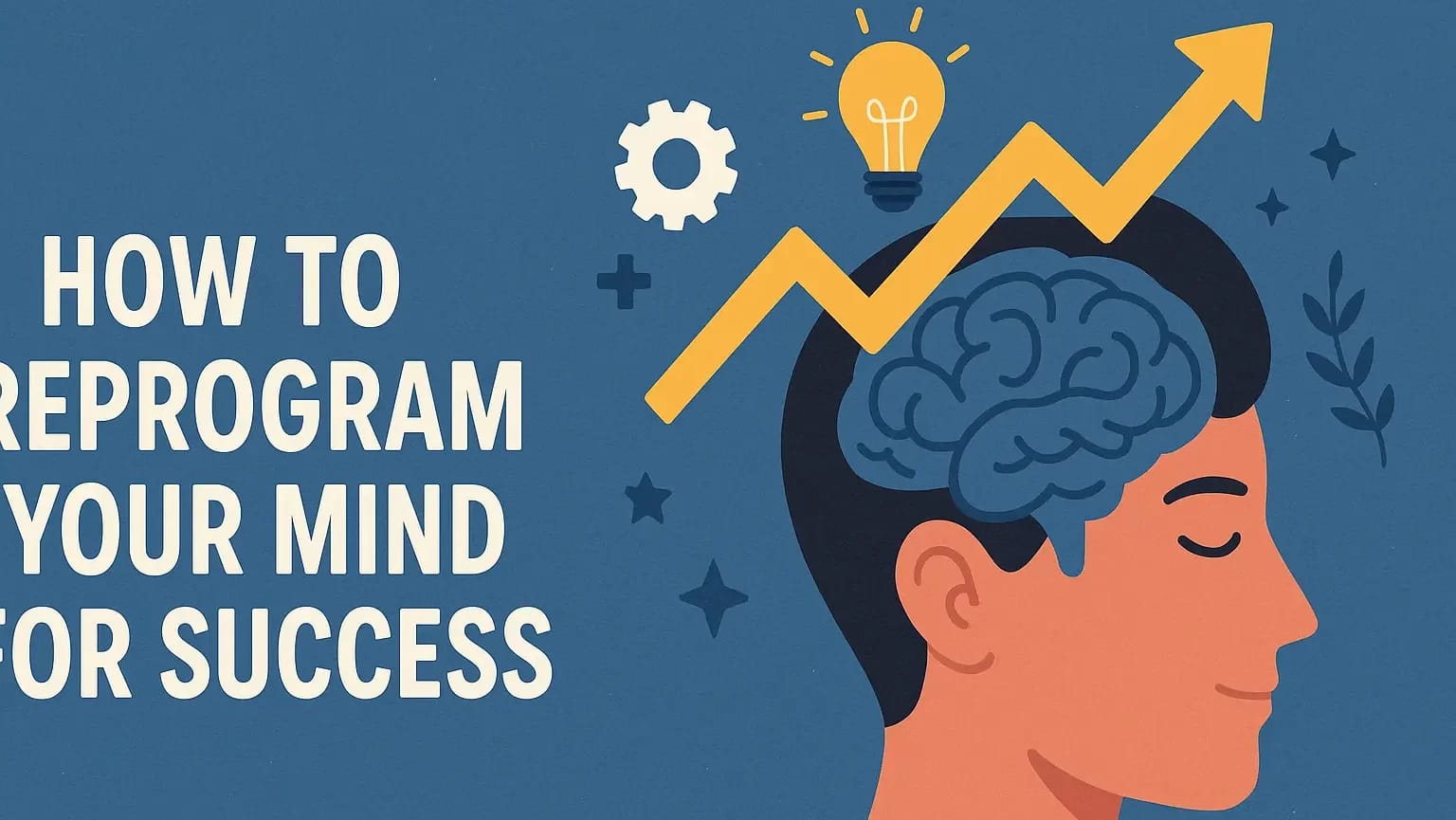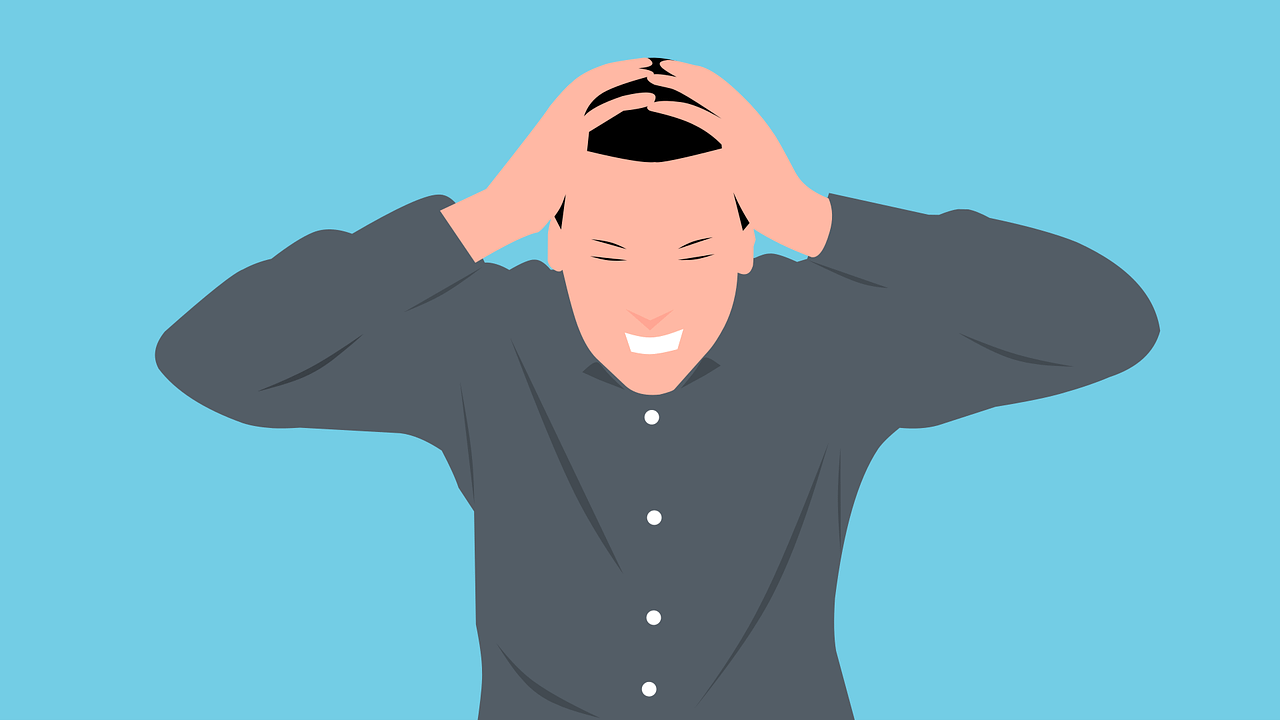Your actions reveal how badly you want something. If you keep saying something is a priority but you never act on it, then you don’t really want it. It’s time to have an honest conversation with yourself. Your actions reveal your true motivations.
– James Clear
The scariest thoughts that sometimes surfaces our mind is whether we’ll end up in the same place we are now in the next ten years. This thought should scare you and keep you up at night.
Think about it: if you don’t experience any real growth in the next ten years, what does that mean? If you don’t experience any real success in the next ten years, the only person to blame is yourself.

It’s daunting having to think about whether your life is heading towards a bright or dark future, but your habits reflect your future. If you practice good habits, you’re producing a positive outcome for yourself. On the other hand, if you’re practicing worthless habits daily, the image of your future should be evident.
If you realize that your habits don’t reflect good intentions, don’t stress. Understand that you still have time to make a long-lasting impact, but it starts with you. Forming a new habit isn’t a one-day miracle; it requires months and years of consistency and discipline.

In this article, we’ll review the top habits you need to distance yourself from by 2024.
1. Smoking, drinking, and partying
Smoking and drinking are well-loved in our society today. The biggest misconception behind smoking and drinking is that it serves as an escape from stress. It feels good smoking and drinking, but that pleasure is only temporary. You’ll then wake up the next day hungover, tired, and sober enough to understand that you’re responsibilities are still here.

What good does smoking and drinking serve? Since everybody else is doing it, it doesn’t mean you should follow them. After all, you’re damaging your health even more, so why put yourself in that position? Overcoming addiction is challenging, but the joy you receive from feeling healthy outweighs the slight pleasure you feel from drinking/smoking.
2. Complaining
A reason why we miss being a kid again is because we can get away with complaining. We complained when we had school or too much homework. Since we’re much older, complaining about everything that doesn’t go our way indicates our unwillingness to take on challenges and responsibilities.

We can complain as much as we want mindfully without telling anyone, but what good would it serve? By complaining about everything, you start feeding yourself negativity that impacts your mood and relationship with others. More importantly, you block off the gateway to peace, accepting negativity as an everyday feeling.
3. Social media
In today’s society, it’s not unusual to hear people spending more time on social media than sleeping. Instead of prioritizing sleep, we prioritize how many followers we’ve gained or how many liked our picture.

Do yourself a quick favor by checking your screen time on your phone, which includes all social media apps combined, such as TikTok, Instagram, Facebook, Snapchat, and X. Next, examine the chart below and determine whether you’re at risk of social media addiction.
Here’s why you should quit social media.

Prolonged social media usage increases your risk of mental health disorders, such as depression and anxiety. Social media is why you feel slightly envious and bitter towards those who are more successful than you. You’re constantly viewing other people’s success on their social media profiles, causing you to compare their lives to yours. A habit that starts on our phones transfers eventually to the real world.
4. Pornography/Hookups
Our society has normalized sex so much that we prioritize how many partners we’re sleeping with over our mental health. We hold sex to a ridiculously high standard over the things that matter more, such as family and goal-setting. The modern-day stigma believes that the more women a man sleeps with, the more respect is granted to him.

Watching pornography daily and hooking up with random partners overstimulates your brain, causing damage to your mental health. You increase the chances of health and financial complications, including STIs and unwanted pregnancy. Furthermore, you start neglecting your personal development and goals to sleep with more partners.
If you’re interested in the dangers of porn, I encourage you to check out this article.
5. Lack of emotional control
Emotions influence our actions and behavior. When we’re happy, it’s because we did something that made us happy, such as scoring a goal in soccer or playing volleyball with friends. Contrarily, when we’re angry, our natural human instinct is to punch a wall or flip a table.

Emotional control is a superpower because it can save us from regret. Our emotions are temporary and constantly changing. If you control your anger or sadness, you improve your mental health because you’re less likely to engage in conflict with others.
6. Refusal to exercise
Refusing to exercise, even if it means taking a quick stroll outside, is like refusing to drink water. Although you’re more likely to die if you don’t drink enough water, you’re still slowly killing yourself over time. Exercise is necessary for our health because it prevents us from contracting illnesses over time.

There are so many mental and physical health benefits from exercise that you’d be missing out on. More importantly, it teaches you discipline and perseverance through challenges. Both of which are the ultimate keys to success in any endeavor.
Here’s an article that goes in-depth on why you should exercise.
7. Not meditating
Meditation is one of the best habits you should start practicing if you haven’t already because it improves your mental health. Meditation isn’t talked about very often because most people underestimate its benefits. Redirecting your thoughts when your mind has wandered off helps you make better decisions.

It takes time to reap its benefits, but with practice, you learn stress management, emotional control, and becoming present. Presence is crucial to long-term happiness because you prevent inevitable past regrets and future worries from interfering with your current mental state.
8. Always being late
Always showing up late reflects poor time management, impacting everything from your job to your relationships. It destroys our self-image because it’s challenging for others to trust us to be on time when we’re always late.

Sometimes, being late isn’t our fault; maybe the bus was late, or you live in LA, and traffic is at its worst. When it is your fault, remember to take accountability and use this to learn time management skills.
Want to learn how to improve your time management skills? Read this article.
9. Hanging out with fake “friends”
We crave relationships with others because we hate feeling alone; however, being alone is better than hanging out with those who don’t respect you. Even if you’ve known these people for years, your closest friends can become your worst enemy unexpectedly.

Your friends should be there to support you and encourage you to be a better version of yourself. If they do the complete opposite by dragging you down, that’s a clear sign you should distance yourself away from them. Leaving fake “friends” behind will save you headaches and give you more time to focus on yourself.
Need help spotting a fake friend? Read here.
10. Bringing others down
We’ve heard that bullies are the most miserable people because they’re constantly projecting their insecurities and low self-esteem onto others. We’re all guilty of putting others down before, but making this a habit will hurt us more because of the negativity we’re spreading. It also reveals our insecurity because we judge others to compensate for our lack of self-love.



